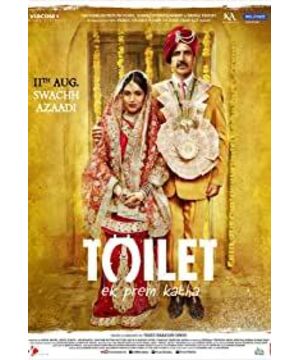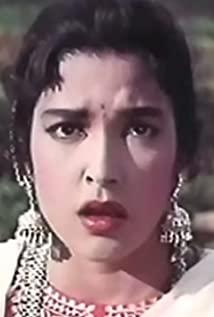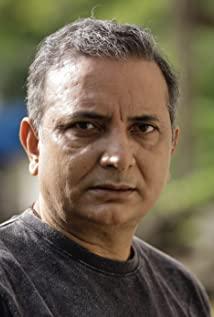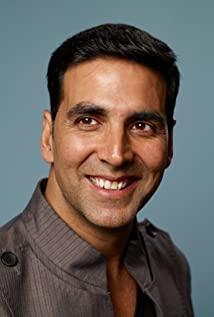The most fascinating thing about this movie is that it tries to make a "progressive" event, but I don't know if the screenwriter's skill is insufficient, or it is intentional, and the plot is full of contradictions with "progress". I don't know anything about India. Although I have watched a few Indian movies and like to watch them, I am confused in too many places. Remember first, and ask someone who knows how to solve it later.
1. The male protagonist's family seems to be a Brahmin too, but why are the male protagonist and his younger brother surprised at the beginning, "Ah, she is a high-class person" and asked, "Will you propose a marriage to a high-class person?" It sounds like a high climb, Is it the class difference between rich and ordinary people in Brahmins? I used to think that Brahmins are basically like rich people. The father of the male protagonist is Pan Zhida. What kind of existence is this? Baidu seems to have a lot of status and knowledge. Is it purely social status, but not necessarily economic status? Why is he so familiar with the scriptures, but the male protagonist and his younger brother haven't gone to school very much, and haven't continued to hold any positions in religion.
2. What are the sources of income of the heroine's parents and uncles? I don't see what occupation they are engaged in. If Brahmins are mainly religious occupations, why do the male protagonist and his younger brother open a bicycle shop. Of course, it may also be a big landlord, relying on rent to eat. And they seem to be able to accept their only daughter, and they don't have to give birth to a son. No matter how good her education is, she is still a housewife when she gets married. In the few Indian films I have seen, the female lead is always a housewife after marriage. However, there is a female reporter on TV in this movie. Also, why did the male protagonist say he could close the bicycle shop and become a civil servant when he met the female parent, but the female parent rejected it, isn't it bad for Indian civil servants?
3. The heroine actually only dares to vent all her anger to the hero and other women in the village. Say that she is not advanced in concept, and dare to file for divorce directly; say that she is advanced, it is true that persimmons are soft and do not dare to have a head-on conflict with grandma, father-in-law or anything. But then again, it's not easy to be able to resist your husband first. Can't you force all "pioneers" to do it in one step? Even if it is done in one step, there is no specific object of criticism. It is better to be realistic about the specific people and things around you. Start from me!
4. Trying to express free love and romantic love, but the effect of the performance is full of idiots, and there is a greasy taste like the wolf of the tram. In India, a man, after being scolded by a woman, did not beat or rape, but chose to praise himself and stop stalking. He was a very reliable and trustworthy man. After the marriage, the mother of the heroine also said, neither dowry nor beating his wife, but a better husband. However, I have also seen news that men and women were killed when they fell in love before marriage. Of course the movie is an ideal.
5. Long-term defecation in the wild, no one cleans it at all. Watching this movie, it seems that the women in the village all go to the same place. After so many years, won't they pile up into a mountain? People passing by or those who want to work in it can easily step on the shit. There is no need for composting for farming in India, so much excrement is not used, what did they use to make fertilizer for farming before? But then again, I don't know when our country started to learn to compost and use human excrement. I have seen the history of shit before, but I have talked about the European side.
Thinking of this for a while, in a word, if it is compared with the god of the forehead, it is indeed worse. But in what Brother Hupu said, the truth is the most valuable. The various contradictions in it are about the conflict between "idealized scenarios" and "the shackles of reality on thinking", so there are women with thin images. Lord. In the end, what "changed" the thinking of the male protagonist's family mainly fell on the grandmother's fall, which indeed proves that no one cares if the interests don't concern him. But anyway, it didn't use some incredible bridges to force the plot forward.
I don't know whether the translation is reliable or not. I have seen English movies on Tencent, and there are too many translation errors and omissions, but I can't understand Indian language.
View more about Toilet: A Love Story reviews











